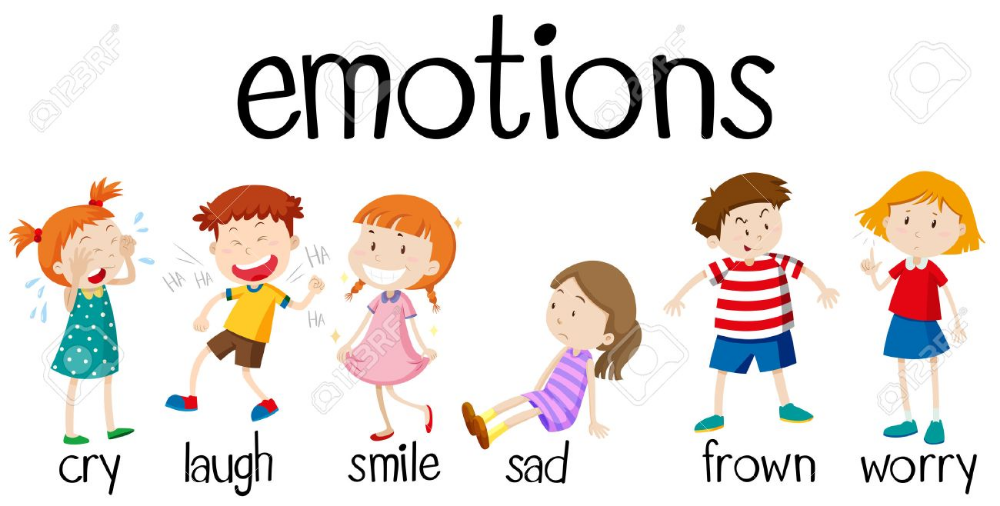Emotional intelligence is an essential aspect of a child's development, and it has gained significant attention in recent years. Research has shown that emotional intelligence is more critical than IQ in determining success in life. Children who possess emotional intelligence can manage their own emotions, understand others' emotions, and build strong relationships with others. Schools play a critical role in nurturing emotional intelligence in children through various activities, such as building relationships, managing conflicts, and expressing emotions effectively.
Building Relationships:
Schools provide an ideal platform for children to interact with peers and teachers from diverse backgrounds. These interactions help children develop social skills, such as communication, empathy, and cooperation. Working in groups on class projects allows children to learn to listen to others' opinions, respect their viewpoints, and collaborate towards a common goal.
Moreover, teachers' role is significant in building positive relationships with students. Teachers who are warm, approachable, and empathetic create a safe and supportive learning environment, where children feel comfortable expressing their thoughts and emotions.
In addition to social skills, schools also provide children with academic learning opportunities that help them develop critical thinking and problem-solving skills. Teachers in schools are trained to deliver high-quality education, using research-based teaching strategies that cater to diverse learning needs. Furthermore, schools often have specialised resources, such as libraries, laboratories, and technology that can enrich the learning experience for children.
2. Managing Conflicts:
Conflict is an inevitable part of any social setting, and school is no exception. However, schools provide an opportunity for children to learn conflict resolution skills, such as negotiation, compromise, and problem-solving. Teachers can help children identify the root cause of conflicts, understand different perspectives, and find mutually agreeable solutions.
By learning these skills, children develop the ability to manage their own emotions and understand how their actions impact others. These skills are essential for developing empathy, which is a vital aspect of emotional intelligence.
Furthermore, conflict resolution skills can prepare children for real-world situations, where conflicts can arise in various settings, such as the workplace or community. By learning how to handle conflicts constructively at an early age, children are better equipped to navigate challenging situations in the future.
Schools can also create a safe and supportive environment for students to practise conflict resolution skills. Teachers can model positive conflict resolution behaviours, provide opportunities for students to practise and reinforce these skills, and create a culture that values open communication and mutual respect.
3. Expressing Emotions Effectively:
Emotional expression is a critical aspect of emotional intelligence. Children who can express their emotions effectively can build strong relationships with others, manage their stress, and cope with difficult situations. Schools provide a safe space for children to express their emotions through various activities, such as art, music, and drama.
Teachers can also encourage children to express their feelings through writing, journaling, or sharing in class discussions. By learning to express their emotions in healthy ways, children can develop a positive outlook towards life and build resilience.
Emotional expression also plays a crucial role in developing empathy, a key component of emotional intelligence. When children learn to express and articulate their own emotions, they become more attuned to the feelings and perspectives of others, enabling them to understand and empathise with others' experiences.
In conclusion, schools play a critical role in nurturing emotional intelligence in children. By providing a safe and supportive learning environment, schools help children develop social skills, conflict resolution skills, and emotional expression skills. These skills are essential for building strong relationships, managing stress, and coping with challenges in life. As such, schools should prioritise emotional intelligence education as part of their curriculum to prepare children for success in their personal and professional lives. Schools can also involve parents and caregivers in the emotional intelligence education process, as this can significantly impact children's emotional development. By working together, schools and parents can ensure that children receive the emotional support they need to thrive.
Powered by Froala Editor


